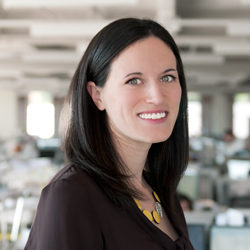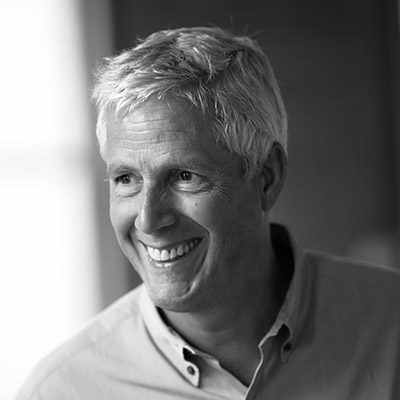We are excited to announce that PAYETTE will be leading two sessions at the annual Tradeline College and University Science Facilities Conference on October 19th – 20th. Bob Schaeffner and Robert Pasersky will discuss how the practice of multi-disciplinary chemistry teaching has evolved laboratory design characteristics and how this has affected facility planning requirements. Bob Schaeffner and Andrea Love will speak about strategies to reduce HVAC energy consumption in laboratory buildings.
Chemistry Teaching Labs: Facility Planning Requirements for the Spectrum of Disciplines
10/19/2015 | 1:05 PM – 2:00 PM
10/20/2015 | 10:40 AM – 11:35 AM
The Westin Copley Place, Boston
Multi-disciplinary chemistry pedagogies are driving a new set of laboratory characteristics. How are these factored into new renovation and construction projects? Session leaders, Bob Schaeffner and Robert Pasersky, provide an answer to this question and examine exactly what has changed in regard to the following variables:
- Open lab concepts
- Lab support
- Space allocation
- Transparency
- Safety
- Energy reduction goals
A process for resolving the complex set of variables that make up a competitive chemistry program is outlined in this discussion. Innovative chemistry lab design solutions in new construction and renovation projects at Princeton, UMass, Brandeis, Georgetown, Boston College, are profiled to show exactly what changes have been made to today’s chemistry lab to respond to the need for a multi-disciplinary space.
Session Leaders:
Robert J. Schaeffner Jr, FAIA, LEED AP
Principal, PAYETTE, Boston, MA
Robert C. Pasersky, AIA
Associate Principal, PAYETTE, Boston, MA
Ventilation Deflation: Strategies to Reduce HVAC Energy Consumption in Laboratory Buildings
10/19/2015 | 2:15 PM – 3:10 PM
The Westin Copley Place, Boston
Ventilation systems are responsible for 45% of the average research building’s energy consumption. This poses many issues, including affordability in today’s financial climate.
Are you interested in learning about the latest strategies to reduce these energy costs and the environmental impact? Do you want to know how to increase overall building performance? Session leaders Robert and Andrea will reflect on and discuss recently completed science and research projects to illustrate current wisdom on the following topics:
- Fume hoods selection
- Integration of facility design w/ climate control
- Balancing air change rate
- Energy consumption
- Building end user comfort
Session leaders will identify lessons learned and pitfalls to avoid, while also scoping out the energy savings you can expect from successful strategy implementation.
Session Leaders:
Robert J. Schaeffner Jr, FAIA, LEED AP
Principal, PAYETTE, Boston, MA
Andrea Love, AIA, LEED AP
Director of Building Science, PAYETTE, Boston, MA




